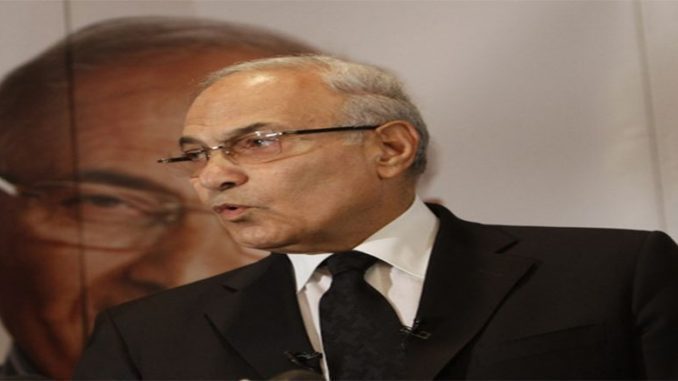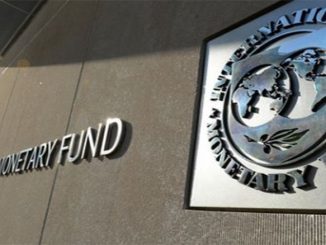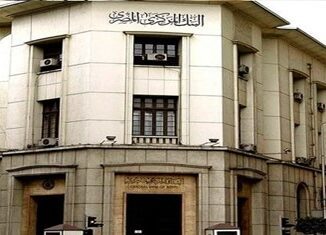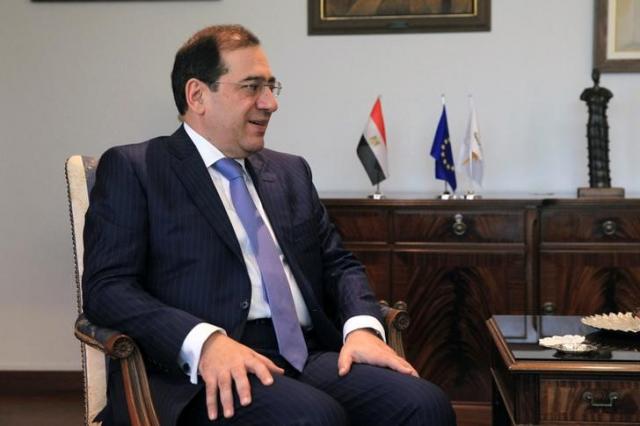
By Jamal Khashoggi*
In June 2018, when the term of Egypt’s current president, Abdel Fatah al-Sisi, ends, he should leave office.
But given Al-Sisi’s clear and unfortunate intention to run for another term, the only hope for Egypt is for a qualified, recognizable and experienced candidate to step forward and run against him. Former prime minister Ahmed Shafiq, who announced he would run last month, could be that candidate.
Now for the difficult part: Shafiq was deported from his home-in-exile, the United Arab Emirates, days after he announced his candidacy. There were numerous rumors that he was being detained in Abu Dhabi. When he arrived in Cairo, he gave a phone interview on Egyptian TV and announced that he was reconsidering his presidential run. Yet I and many others questioned whether he was speaking freely.
Shafiq needs help, and so does Egypt.
The out-of-control insurgency in the Sinai Peninsula is just one of Al-Sisi’s many failures. Egypt’s regional role is feebler than at any time since it achieved independence from Britain in 1922. Internally, the country is suffocated by draconian measures that squash any form of dissent. Economic reforms backed by the International Monetary Fund have cut government subsidies to key staples while the levels of foreign direct investment have not been enough to buoy job and income growth. The Egyptian middle class, which has generally supported the army in the hopes of creating stability, has been hit particularly hard by the economic stagnation. The middle class’s disaffection could lay the foundation for another revolution.
The Arab world needs a successful model for the peaceful transfer of power; Egypt could be just that. It was such a model briefly, in 2012, when Shafiq narrowly lost the presidential election to Mohamed Morsi, who was sentenced to life in prison after being overthrown in 2013. In 2014, Al-Sisi won with 97 percent of the vote.
This kind of election result, commonplace in the Middle East before 2011, brewed resentment and led angry young Arabs to protest first in Tunisia and then across the region. The “Arab Spring,” which resulted in civil wars in Yemen, Syria and Libya, and violent government countermeasures in Bahrain, was a reaction to the lack of accountability and miserable governance record of the region’s kleptocracies. As a result, Arab leaders have been determined to preempt any potential stirrings. In Riyadh, where even the mildest dissenting voices have been jailed, the leadership is even conjuring up the mirage of a top-down Arab Spring.
In Egypt, Shafiq is no Nelson Mandela, but he has hinted that he would like to move democracy forward after years of Egypt’s military running the affairs of the country. Like Al-Sisi, Shafiq had a long career in the military. But unlike Al-Sisi, he also has a strong track record as a civilian, serving as civil aviation minister after retiring from the army in 2002. He could help transition Egypt from an overreliance on military rule to mixed or full civilian control.
There is certainly regional precedent for such a figure: Turkish Prime Minister Turgut Ozal in 1983.
In 1980, the Turkish military perpetrated yet another coup, the bloodiest in the country’s history. Domestically, Turkey had been suffering from economic decline and triple-digit inflation amid what resembled a civil war between the right and the left. Turks welcomed the coup in the hope that it would restore stability.
There were external factors that led the United States to support the coup. Just a few months prior, Washington suddenly lost one of its most important allies in the region, the Shah of Iran; the Soviet Union invaded Afghanistan, and the Grand Mosque in Mecca, Saudi Arabia, was seized by extremists. With radically shifting geopolitics, stability in Ankara became a U.S. national security priority.
Clearly, the Turkish military did not want to lose its grip on power. It enjoyed lucrative benefits, from business ownership to good jobs for family and close allies. Since the 1952 coup in Egypt, Egypt’s military has monopolized political and economic life in the country.
In Egypt, the military relinquished power only reluctantly, blindsided by the widespread calls for the end of Mubarak’s reign, and Washington’s acquiescence. In 2013, they were ready for a comeback as popular disaffection with Morsi’s leadership led to another wave of protests and the military’s return to power.
The coup of 2013 in Egypt is comparable to the bloody 1980 coup in Turkey, yet in both cases the military was well-entrenched and enjoyed support from their respective populations.
Ozal was a devout Muslim and a respected economist. His rise to power three years after the 1980 coup was possible only because the military saw a clear advantage to civilian leadership and the Americans had signaled their support. Ozal was Prime Minister from 1983 to 1989 and then president from 1989 to 1993. Today he is seen widely in Turkey as the founder of the modern democracy and the leader who delivered the economic recovery that saved the country.
In Egypt today, Shafiq’s decision to run for president has energized the otherwise moribund political scene. If Shafiq receives the same support from the United States as Ozal did in Turkey in 1983, the Turkish model could be repeated in Egypt and set an example for democracy across the region.
*By Jamal Khashoggi, a Saudi writer and journalist, living in the United States. The article was published in The Washington Post.



